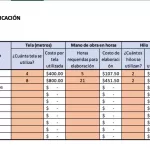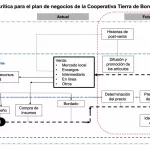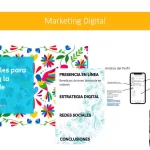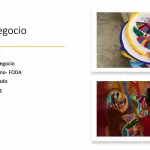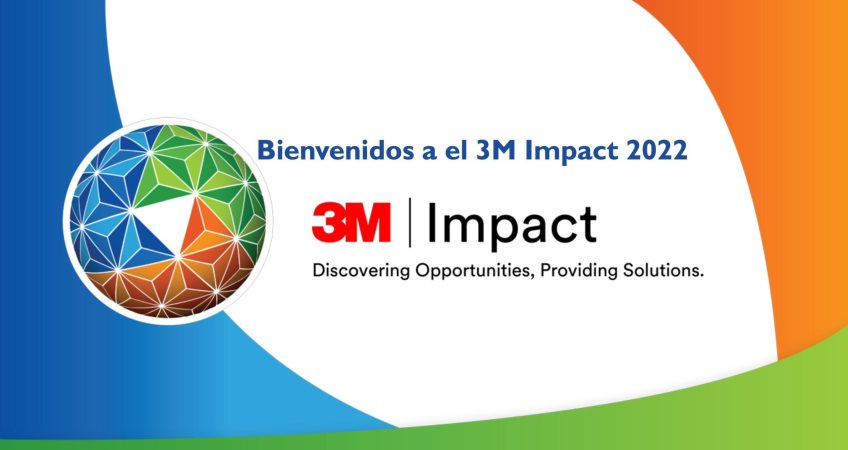
Case Study: Local Impact with 3M
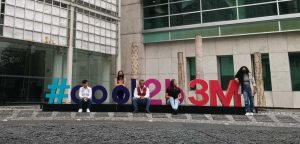
Global company 3M makes a sustainable short-and long-term local impact on PSYDEH and our women-led cooperative partners in 2022-2023.
3M program facilitated by Pyxera Global
When and who
The partnership began in late-summer 2022 when PSYDEH was chosen by 3M and their global nonprofit partner, the USA-based Pyxera Global (PG), as one of only five Mexican nonprofits for an initiative called 3M Impact Local.
Over the subsequent month and a half, five PSYDEH field staff — Alejandra Ríos Pérez (field program coordinator), Jazmín Manrique Vigueres (field lead for Tenango de Doria), Jorge Echeverría (general coordinator), Yaneth Santos Miranda (cooperative incubation consultant), and Isela Asurim Flores (field team trainer) — worked with four 3M Mexico professionals based in central and northern Mexico: Maria Fernandez Rodriguez, Hernan Cortes, Juan Mata, and Laura Adriana Ramirez. Our aim was to use a hybrid virtual and in-person program facilitated by PG’s Latin America lead, Fernanda Scur, to co-create a solution to one of PSYDEH’s field challenges.
How we collaborated
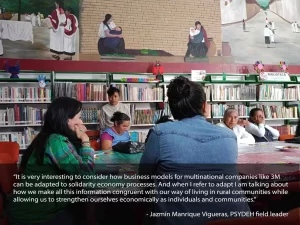
The five-week partnership was organized into three phases:
♦ understand and empathize,
♦ discover and ideate, and
♦ create and deliver solutions.
In week one (understand and empathize), our joint team met in 3M’s Mexico City office with the goal of unpacking the challenge PSYDEH presented before the event:
produce a replicable business plan for one of the four cooperatives we incubate with Indigenous women through our 2022-2024 Sierra Madre Network program with the goal of leveraging our Tech para Todos program using digital tools and platforms to bring their sustainably made ethical products to local, national and global markets.
During this first activity, we created a strategic plan for the project through four different stages of work, including question thinking and active listening to understand PSYDEH’s reality and create SMART output goals.
Thereafter, each of the 3M team’s four professionals dedicated a full 40-hour work week to PSYDEH, including two of the four — Maria Fernandez Rodriguez and Laura Adriana Ramirez — doing an immersive field experience in our work areas. The goal was to investigate and ideate around PSYDEH’s challenge using the strategic plan we co-created during week one.
In weeks three and four (discover and ideate), 3Mers continued their work part-time before dedicating week five (create and deliver solutions) to proposal preparing and sharing at a program-closing celebration event in 3M’s Mexico City office.
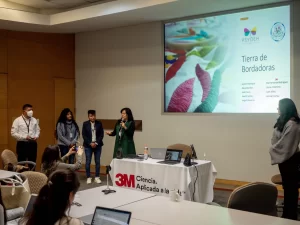
Going above and beyond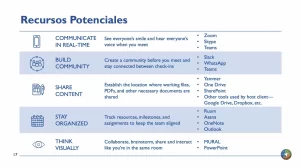
From start to finish, 3M and PG were thoughtful in their approach. They were focused more on sustainable transformation, not just a one-off transaction. This and the below highlights are not as common as one might think.
For example, at the project launch event, we constructed short-term impact-oriented project details while also learning and being reminded of long-term impact-oriented subjects like
♦ tips for success with virtual programs,
♦ tech resources for remote work,
♦ how to navigate common obstacles, and
♦ better practices for producing a SMART-goal-oriented project.
3M’s initiative was Spanish-and rural community-friendly. They went the extra mile by supporting our respective staff to travel back and forth between urban Mexico City and mountainous Hidalgo.
We also oriented work around PG’s human interaction design. The concept of “with and not for”, where all are learners and teachers, is essential to PSYDEH’s community-led sustainable development work and rare for a project like this.
Program short-and long-term impact
Strengthening organizational capabilities
Our project increased PSYDEH’s capacities in at least three different ways. First, our rural community-based staff’s experience and ability to partner with global companies like 3M is markedly stronger today than it was before the project.
Second, our staff’s capacity to understand how to listen to, learn from, and stand before corporate professionals has markedly improved. Lastly, thanks to the replicable nature of 3M’s deliverables — knowledge and strategies rural cooperatives need to stand up and sustain their operations through online sales, PSYDEH’s programmatic capacity to scale impact is enhanced.
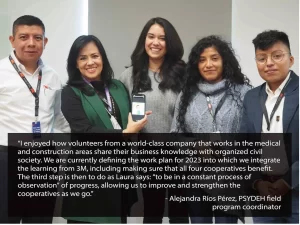
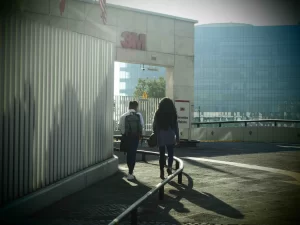
Partnerships
One of the project’s unexpected benefits is direct links to other non-profits whose methodologies and strategies can and do inform how PSYDEH works.
PG and PSYDEH have the strong beginnings of a longer-term relationship. We already know that we will be one of their 2022 case study success stories!
Finally, our relationship with 3M deepened by the end of the project with expressed mutual interest in growing our alliance over time and an unexpected significant donation to PSYDEH through a common partnership with USA-based GlobalGiving. Indeed, with ongoing support, PSYDEH is well positioned to help 3M to achieve its three sustainability framework goals while giving their staff holistic perspectives on the many worlds in Mexico through periodic visits to the rural areas in which we work. We also believe that PSYDEH can help 3M with existing or new partnerships, e.g., a novel public (civil society) private partnership consortium idea we hope to pitch to 3M and other global companies and foundations in the first quarter of 2023. Learn more about our win-win partnership here,
Replicable local impact with women-led cooperatives
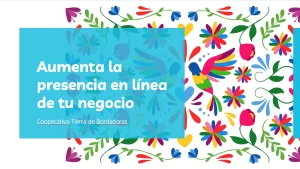
3M’s suggested business plan is tailor-made to be shared with all four of the cooperatives of the Sierra Madre Network. While its contents — SWOT analysis • market analysis • digital marketing plan (with a heavy focus on social media communication and brand consolidation) • operation plan • financial plan — are oriented around one cooperative partner, Tierra de Bordadoras, what is good for one is good for all in the network. The same can be said for 3M’s sharing around the importance of communicating, educating, and raising awareness among textile buyers about the cultural, social, and economic context involved in embroidering. All of this knowledge is of great interest to the 60+ women artisan leaders participating in our 2022-2024 economic solidarity school.
Another example of 3M’s replicable, knowledge-based impact involves their suggested pricing model; we now understand that a percentage of profits and discounts must be established for each of the cooperatives’ products. This learning is important because establishing these percentages will help artisan leaders avoid losses and thus see an increase in their individual, familial, and collective income.
More generally, our 3M team’s recommendations for weaving business practices with digital tools reinforce how PSYDEH is right to link economic solidarity Red Sierra Madre and digital inclusion Tec para Todos programming. As Laura, Hernan, Juan, and Maria make clear, the cooperatives’ sustainable business development success is tied to our ability to determine which tech tools are needed, secure access, and then train on their smart use. See below examples of the tools PSYDEH created with 3M and PG.
Additional information
3M is a global company with operations in 70 countries and sales in 200, committed to creating the technology and products that advance every company, 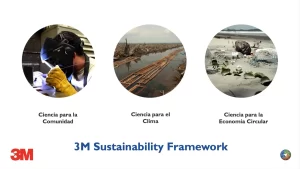 enhance every home, and improve every life. They work with USA-based global nonprofit Pyxera Global on myriad projects. Pyxera has 30 years of experience providing the private sector with advisory counsel and program execution for under-resourced communities in over one 100 countries.
enhance every home, and improve every life. They work with USA-based global nonprofit Pyxera Global on myriad projects. Pyxera has 30 years of experience providing the private sector with advisory counsel and program execution for under-resourced communities in over one 100 countries.

